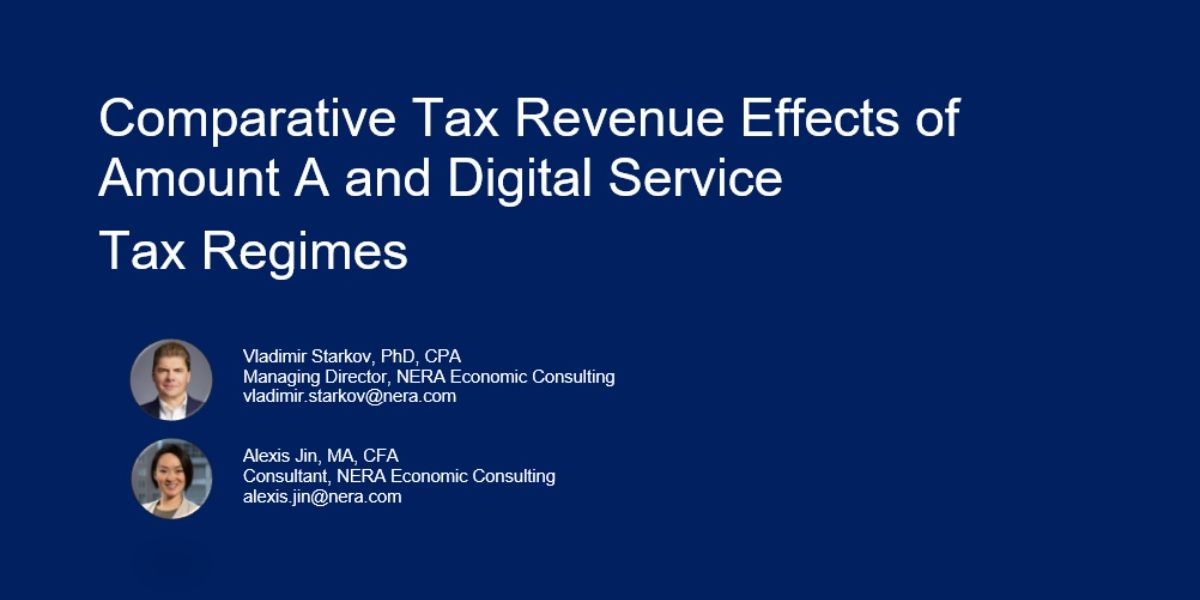On 11 August 2017 the OECD published comments received on the draft 2017 updates to the OECD Model Tax Convention and commentary. The draft updates had been published for comment on 11 July 2017. Comments were received from the BEPS Monitoring Group, BIAC, International Chambers of Commerce and other interested parties. The comments are available on the OECD’s website.
Changes to paragraph 2 of Article 3 and commentary
The changes to paragraph 2 of Article 3 clarify that if the competent authorities agree on an interpretation of a provision of a treaty this interpretation should then override domestic law. This was included as a result of follow-up work on base erosion and profit shifting (BEPS) and aims to clarify the legal status of a competent authority mutual agreement.
The BEPS Monitoring Group points out however that this change would be more than mere clarification. Tax treaties are normally incorporated directly into domestic law and their provisions are subject to interpretation by the domestic Courts. Although the Courts would normally give weight to the views of the administrative authorities when applying the provisions they are reluctant to accept the view that those interpretations could override their power to interpret the domestic law. That however could be the result of including this provision in a tax treaty.
The provision could therefore produce confusion rather than removing doubt. It raises policy issues concerning the agenda of creating supranational resolution of tax treaty disputes. The BEPS monitoring group considers that the provision is being included without adequate public discussion and that countries should not include it in their tax treaties.
New Article 29 on Entitlement to Benefits
The BEPS monitoring group notes that the inclusion of an anti-abuse provision in tax treaties is an important part of the OECD’s BEPS project. Countries are however faced with complex options for implementing the provision. Most countries are likely to prefer the inclusion of a principal purpose test (PPT) in their tax treaties as they can then apply the domestic anti-abuse provisions that are considered most appropriate. This may not be accepted by certain important States such as the US as the measure could be seen as permitting too much discretion. In this case the US could insist on the inclusion in a treaty of a detailed Limitation on Benefits (LOB) provision. The detailed rules are however complex and difficult to apply in practice.
The draft changes to the OECD Model include a detailed Article 29. A previous version produced as part of BEPS Action 6 was seen as provisional pending finalisation of the US Model. This version has not therefore been subject to public consultation but a similar version has been presented to the UN Committee of Experts and discussed at its meetings in December 2016 and April 2017. It might therefore be useful for the OECD Model commentary to refer to the UN Model and point out any differences between the OECD and UN texts.
Commentary on Article 5
BIAC welcomes changes to the commentary on Article 5 on the definition of a permanent establishment and supports the amendment of the commentary to specify that the treatment of a foreign enterprise for VAT or GST is not in itself material to the determination of a permanent establishment. A company registering for VAT or GST should not be negatively impacted for income tax purposes. BIAC recommends a cross-reference in the commentary to the VAT/GST guidelines and also to the final report on BEPS Action 1 which states that a registration for VAT/GST purposes does not constitute a PE for direct tax purposes.
Other commentators also noted the same issue and highlighted the compliance time and costs associated with VAT/GST registration. It was also pointed out that in a federal system such as the US or Canada taxpayers can be dealing with compliance and administration on sales taxes at more than one level of government involving a huge compliance burden.
Commentary on Article 4
Some commentators considered that further clarification is needed in the proposed changes to Article 4 on residence, for example in relation to the issue of whether a house in a particular jurisdiction is available to the taxpayer.
















